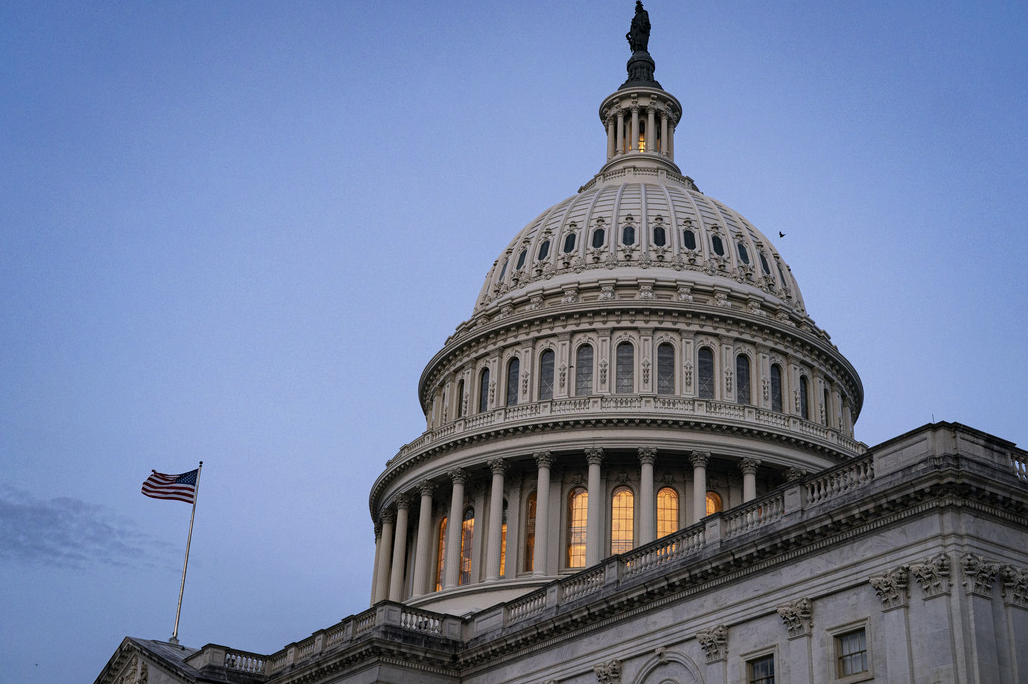
As the government shutdown stretches into its 40th day, the longest in US history, life for millions of Americans has turned into a test of patience and endurance. From missed paychecks to delayed assistance, the effects are rippling through nearly every community.
Senators are once again meeting at the Capitol in a bid to end the standoff that’s left Washington at a standstill. However, with both sides holding their ground, many are asking: how long can the country continue to run on empty?
A nation on pause: the growing toll
The numbers paint a sobering picture. More than 670,000 federal employees have been furloughed and sent home without pay. Another 730,000 are still clocking in, but their paychecks have stopped coming. That’s nearly 1.5 million Americans caught in the crossfire, and the ripple effects are being felt far beyond the Beltway.
Travel turmoil and safety worries
Anyone flying in recent weeks has likely felt the strain. The aviation industry is buckling under the strain. Air traffic controllers and TSA agents, many of whom are working without pay, are stretched thin.
The FAA has reduced services to maintain safety in the skies, but the result has been thousands of canceled flights this weekend alone. And with Thanksgiving travel on the horizon, experts warn that the situation could worsen.
Food assistance in limbo
Perhaps the most troubling effect has been on the Supplemental Nutrition Assistance Program, or SNAP. Roughly 42 million Americans rely on it to buy groceries, but funding shortfalls have put those benefits at risk.
For the first time in over six decades, SNAP payments have lapsed during a government shutdown. Lawmakers approved a temporary $4.65 billion payment to partially fund the program, but it’s only a short-term fix.
States step in—but for how long?
With Washington at a standstill, state governments are drawing on their own emergency funds to maintain essential services. That means local leaders are making tough choices about which programs to support and for how long. It’s a patchwork solution, and no one knows how long it can last.
Also read: Unlock up to $4,108: The Social Security “reset” that most of us miss
Inside the Senate: pressure builds for a deal
Senators are back at the Capitol today, determined to find a way forward. Senate Majority Leader John Thune has vowed to keep lawmakers in session until a deal is struck. Republicans are meeting behind closed doors before the chamber convenes at 1:30 pm, and while no votes are scheduled yet, the pressure is mounting.
The current focus is on a so-called “minibus” deal—a package of three long-term appropriations bills bundled together to speed up negotiations and restore funding to key parts of the government. Meanwhile, Democrats are pushing for a year-long extension of Affordable Care Act (ACA) tax credits, hoping to protect health coverage for millions.
Political blame game heats up
As frustration builds, both sides are pointing fingers. President Trump has accused Democrats of holding the government hostage over Obamacare subsidies. Senate Minority Leader Chuck Schumer has fired back, calling Republicans’ refusal to accept a compromise a “terrible mistake.” While politicians argue, Americans are left to bear the consequences.
Also read: Some retirees may not get the full 2026 Social Security boost—here’s why
Older Americans feel the strain
For those in the over-60 crowd, the shutdown’s effects can be especially worrisome. Social Security checks are still being issued, but other services, such as Medicare claims processing, veterans’ benefits, and support for seniors who rely on federal nutrition programs, are at risk of delays or disruptions. If you’re planning to travel, expect longer lines and possible cancellations. And if you or someone you love depends on SNAP or other federal assistance, now’s the time to check in with local agencies for updates and resources.
While politicians work out their differences, seniors can take practical steps to minimize disruption:
- For Social Security issues: Online services at ssa.gov remain available for most routine tasks. Phone lines may have limited staffing.
- For Medicare questions: Medicare.gov continues operating, and emergency services remain unaffected.
- For travel plans: Check with airlines before heading to the airport, and consider travel insurance for future bookings.
- For federal tax issues: IRS services are limited, so avoid expecting quick responses to phone calls or in-person visits.
Read next:
- SNAP recipients get a bigger boost than expected in November as the government shutdown continues
- Flights in limbo: Major airports facing FAA cuts and cancellations that could disrupt millions of travelers
- Social Security’s 2.8% COLA for 2026 raises questions about how increases are calculated
What are your biggest concerns about how this shutdown is affecting your daily life? Share your experiences in the comments below.






